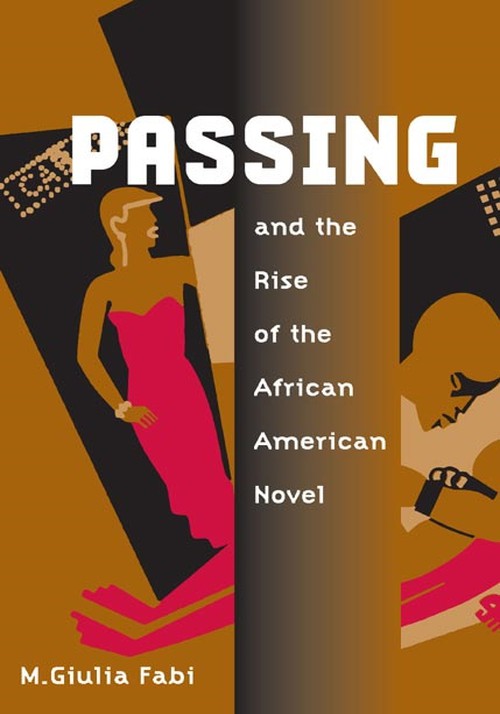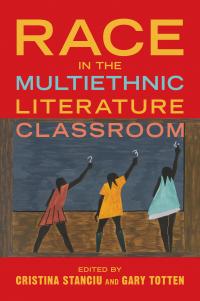
Passing and the Rise of the African American Novel
About the Book
Passing and the Rise of the African American Novel restores to its rightful place a body of American literature that has long been overlooked, dismissed, or misjudged. This insightful reconsideration of nineteenth-century African American fiction uncovers the literary artistry and ideological complexity of a body of work that laid the foundation for the Harlem Renaissance and changed the course of American letters.Focusing on the trope of passing--black characters lightskinned enough to pass for white--M. Giulia Fabi shows how early African American authors such as William Wells Brown, Frank J. Webb, Charles W. Chesnutt, Sutton E. Griggs, Frances E. W. Harper, Edward A. Johnson, and James Weldon Johnson transformed traditional representations of blackness and moved beyond the tragic mulatto motif. Challenging the myths of racial purity and the color line, these authors used passing to celebrate a distinctive, African American history, culture, and worldview.
Fabi examines how early black writers adapted existing literary forms, including the sentimental romance, the domestic novel, and the utopian novel, to express their convictions and concerns about slavery, segregation, and racism. Chesnutt used passing as both a structural and a thematic element, while James Weldon Johnson innovated by parodying the earlier novels of passing and presenting the decision to pass as the result, rather than the cause, of cultural alienation. Fabi also gives a historical overview of the canon-making enterprises of African American critics from the 1850s to the 1990s and considers how their concerns about promoting the canonization of African American literature affected their perceptions of nineteenth-century black fiction.
About the Author
M. Giulia Fabi, an associate professor of American literature at the University of Ferrara, Italy, is a contributor to The Oxford Companion to African American Literature and The Cambridge Companion to the African American Novel.Reviews
Blurbs
"This compact study opens up interesting and original perspectives on the theme of passing in early African American fiction and the subsequent critical estimate of it. Thoroughly researched and well executed, it is a valuable contribution to the ongoing scholarly discourse on the literature of passing."--William Andrews, author of Classic Fiction of the Harlem Renaissance
"Fabi is a splendid close reader who provides fresh interpretations of more- and less-canonical texts in the African American literary tradition. Her ability to put familiar and underread texts in conversation with each other and with later works by black writers makes this study most useful to students and scholars of American and African American literature."--Valerie Smith, author of Self-Discovery and Authority in Afro-American Narrative




